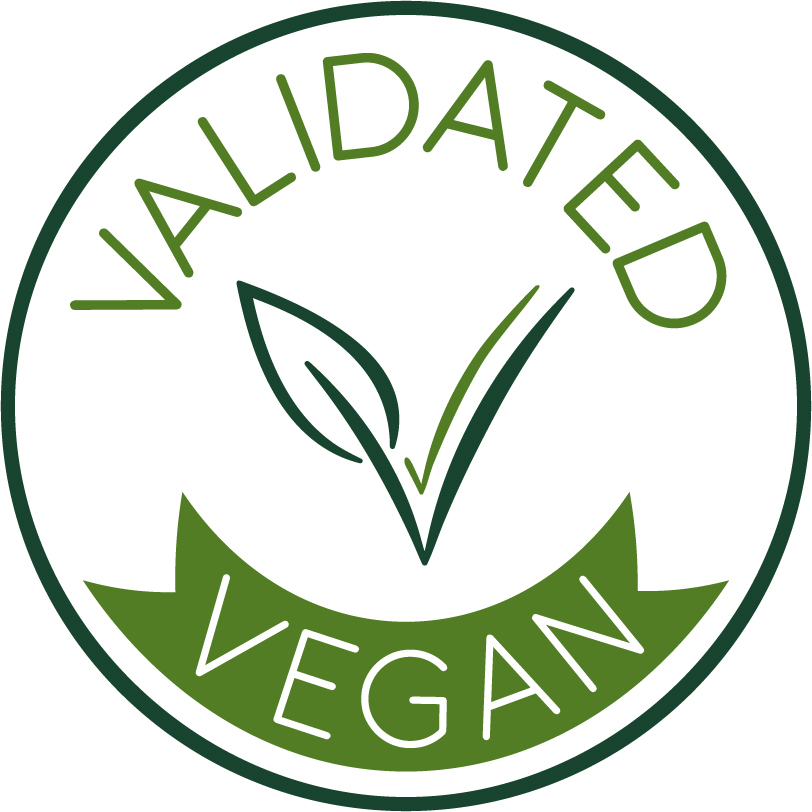Veganism differentiates itself from vegetarianism in multiple ways. Where vegetarians choose to not eat animals, vegans take it a step further. They do not eat eggs, dairy, honey, or wear fur, or use cosmetics tested on animals. However, there are multiple reasons that individuals choose to switch to veganism. These reasons are outlined below.
Health Benefits of Veganism
The health food market has increased steadily over the past 5 years and is expected to increase to over 800 billion dollars by the end of 2021. Consumers have an appetite for healthier foods and products.
For many, veganism is the clear pathway to health and wellness. Research has proven that a vegan lifestyle can contribute to improved health in many ways including the following:
Improved Heart Health
A large-scale study linked a vegan diet to a reduced risk of heart disease and death in adults. This is because meat and dairy products are the primary sources of saturated fats in most diets. This, in turn, raises cholesterol levels which leads to heart disease. A vegan diet is much lower in saturated fats, keeping cholesterol levels in check.
Weight Loss
Research shows that high vegetable diets can make weight loss much easier. Vegans typically have a lower BMI than omnivores. Vegan diets are higher in micronutrients and essential vitamins and minerals, providing a healthier diet in general.
Reduced Risk of Cancer
Some research indicates that a vegan diet can reduce a person’s chance of cancer by 15%. Vegan diets are higher in fiber, vitamins, and phytochemicals that protect the body from cancer. Red meat is also considered carcinogenic, which can lead to cancer. Eliminating it from your diet can reduce your risk because you’re no longer consuming the carcinogen.
Reduced Risk of Type 2 Diabetes
Eating a diet high in whole grains, fruits, nuts, legumes, and vegetables contributes to a lower risk of type 2 diabetes. Vegan diets are naturally high in all of these nutrients.
Ethical Reasons for Veganism
It is impossible to deny that caging, breeding, and slaughtering animals for food or other purposes causes animals harm and suffering. Many individuals find this to be unacceptable from an ethical perspective.
Veganism is a way of living to reduce the exploitation and cruelty that animals experience. For example, dairy cows that are not harvested for their meat but instead for their dairy production, live only 5 years once their production levels decline. Left to live out their entire life span, most dairy cows live up to 25 years.
Vegans firmly feel that depriving animals of their most basic freedoms and slaughtering them prematurely is unethical.
Environmental Reasons for Veganism
Global agriculture takes a massive toll on the environment. From eroding topsoil to increased animal waste, to contaminated drinking water, mass animal farming contributes to significant environmental issues. Veganism has the power to reverse the course of the health of our environment.
Growth of Veganism in the Market
Veganism is not only a way to improve the environment, but it also holds out potential from a financial perspective. The vegan cosmetics market was already worth $13.5 billion in 2018 and is forecasted to be worth over $20.8 billion by 2025.
